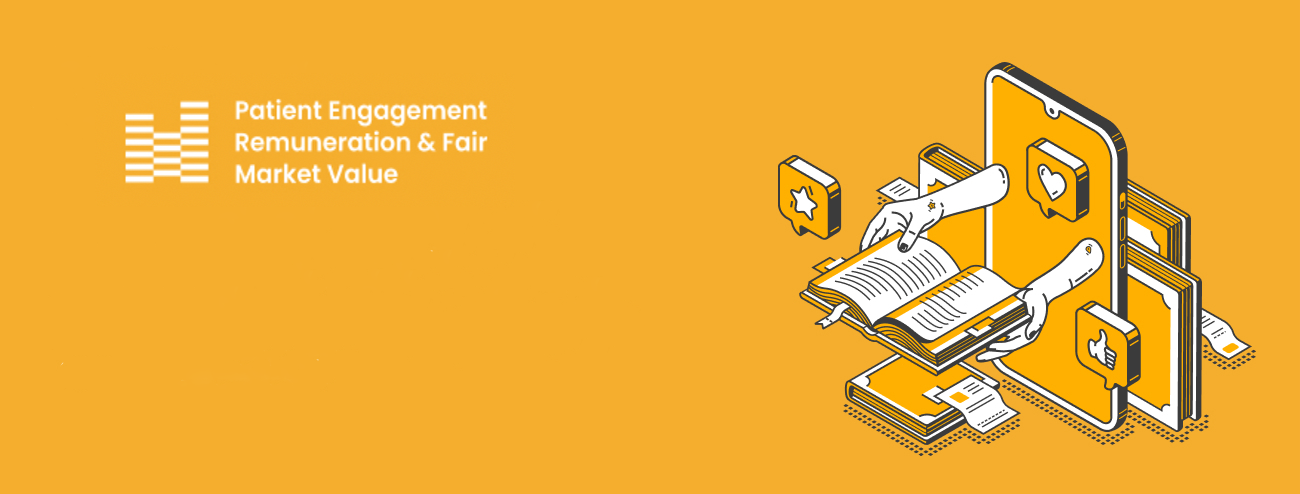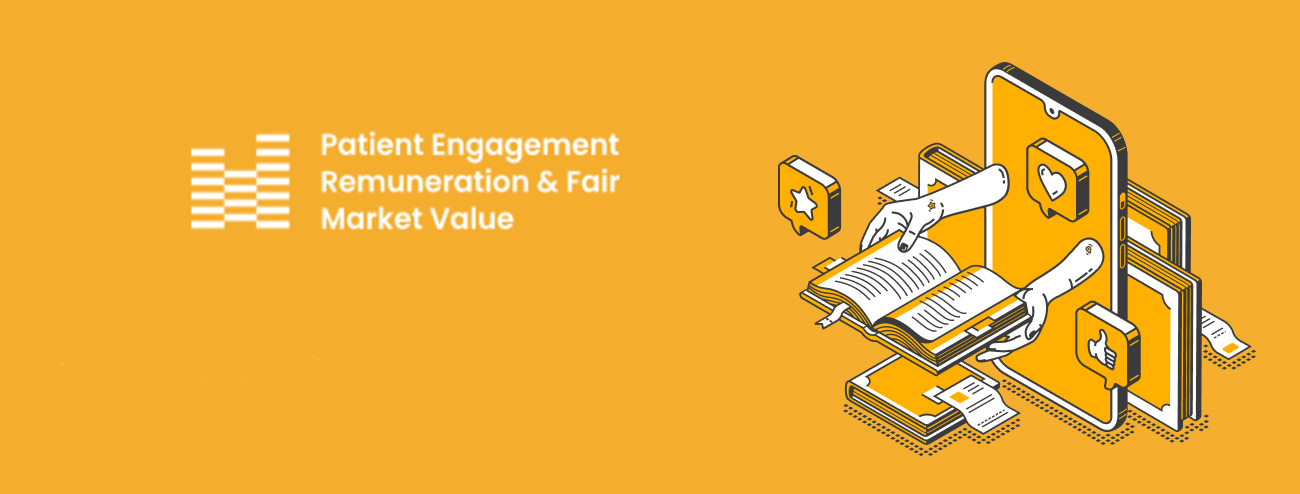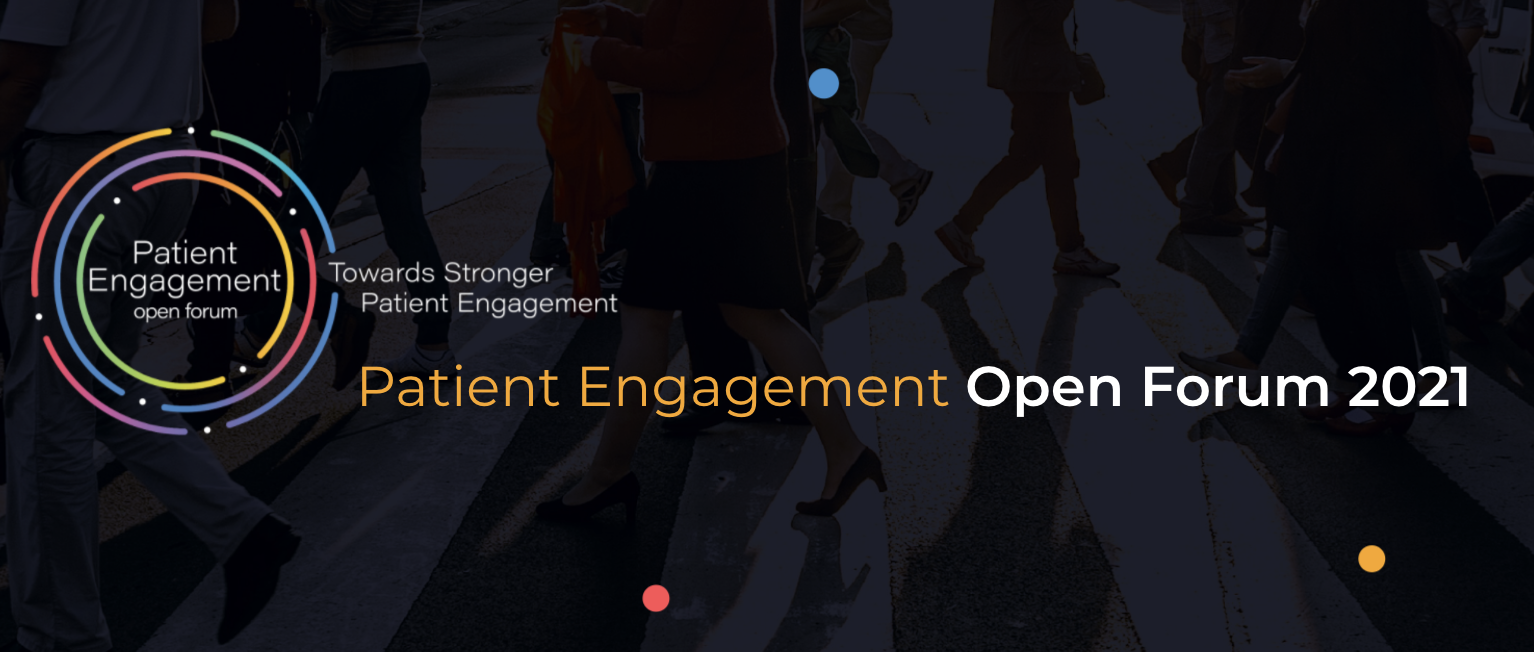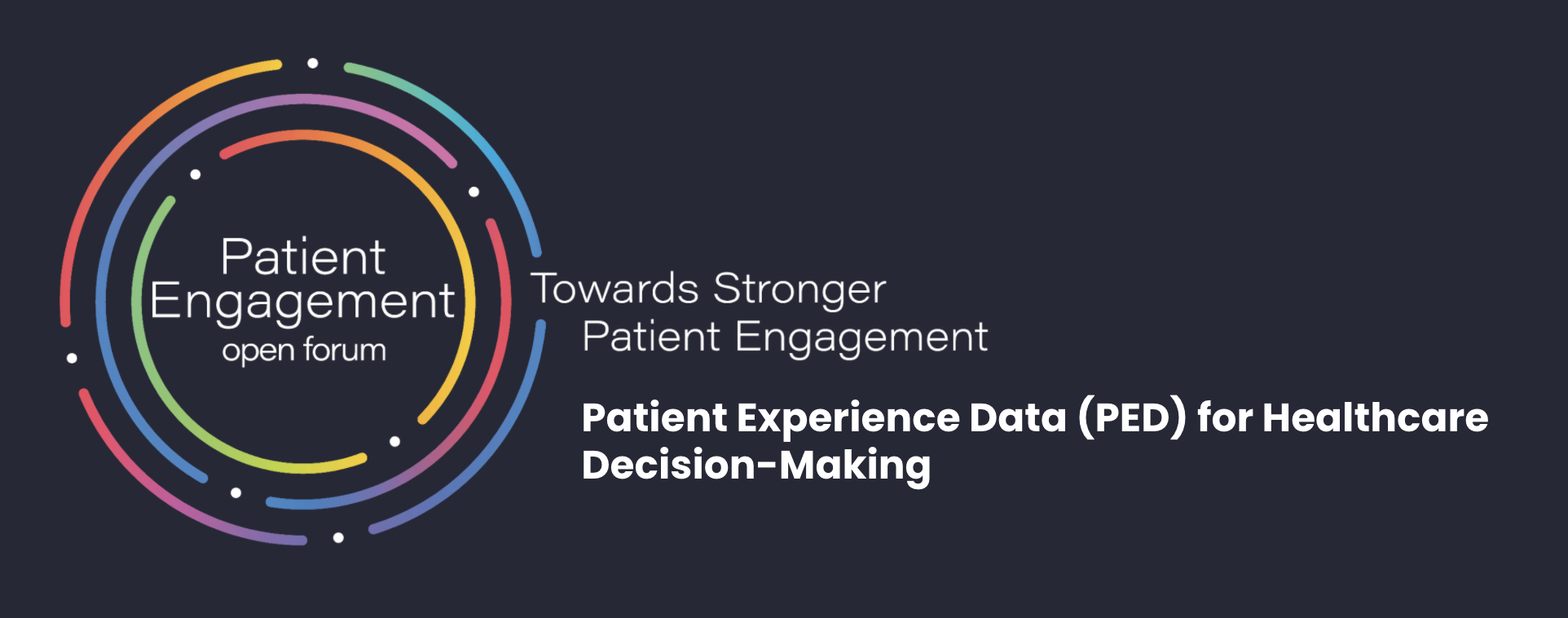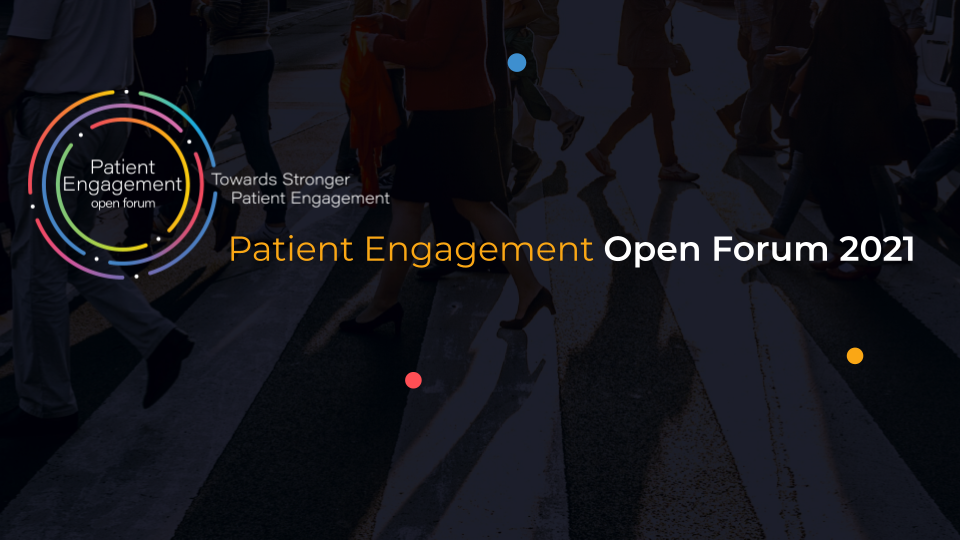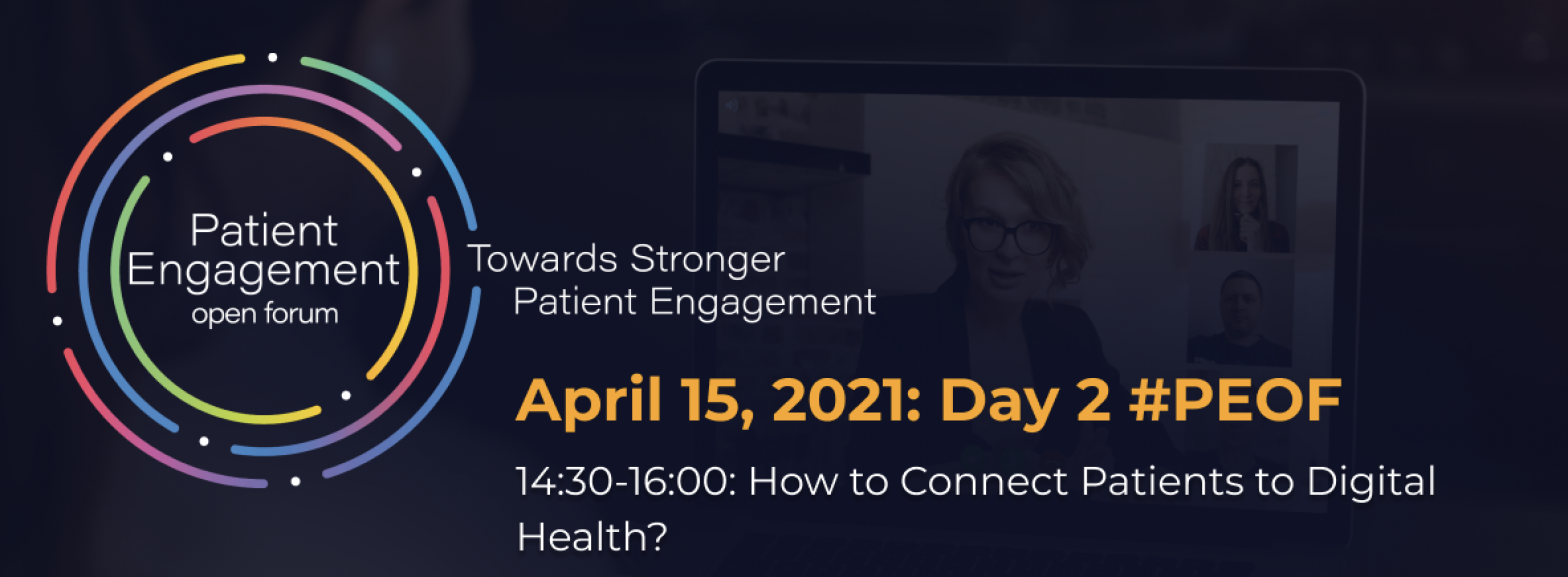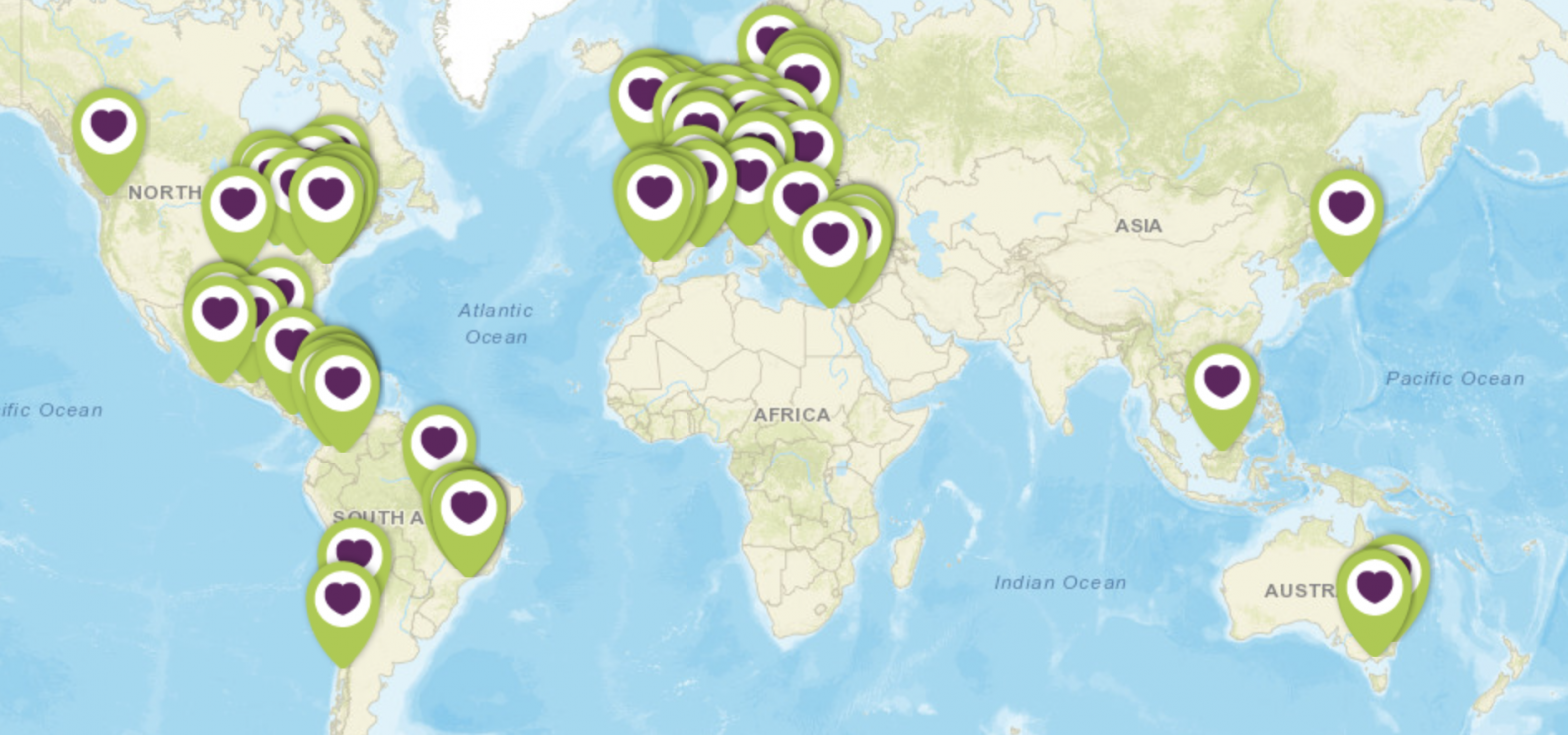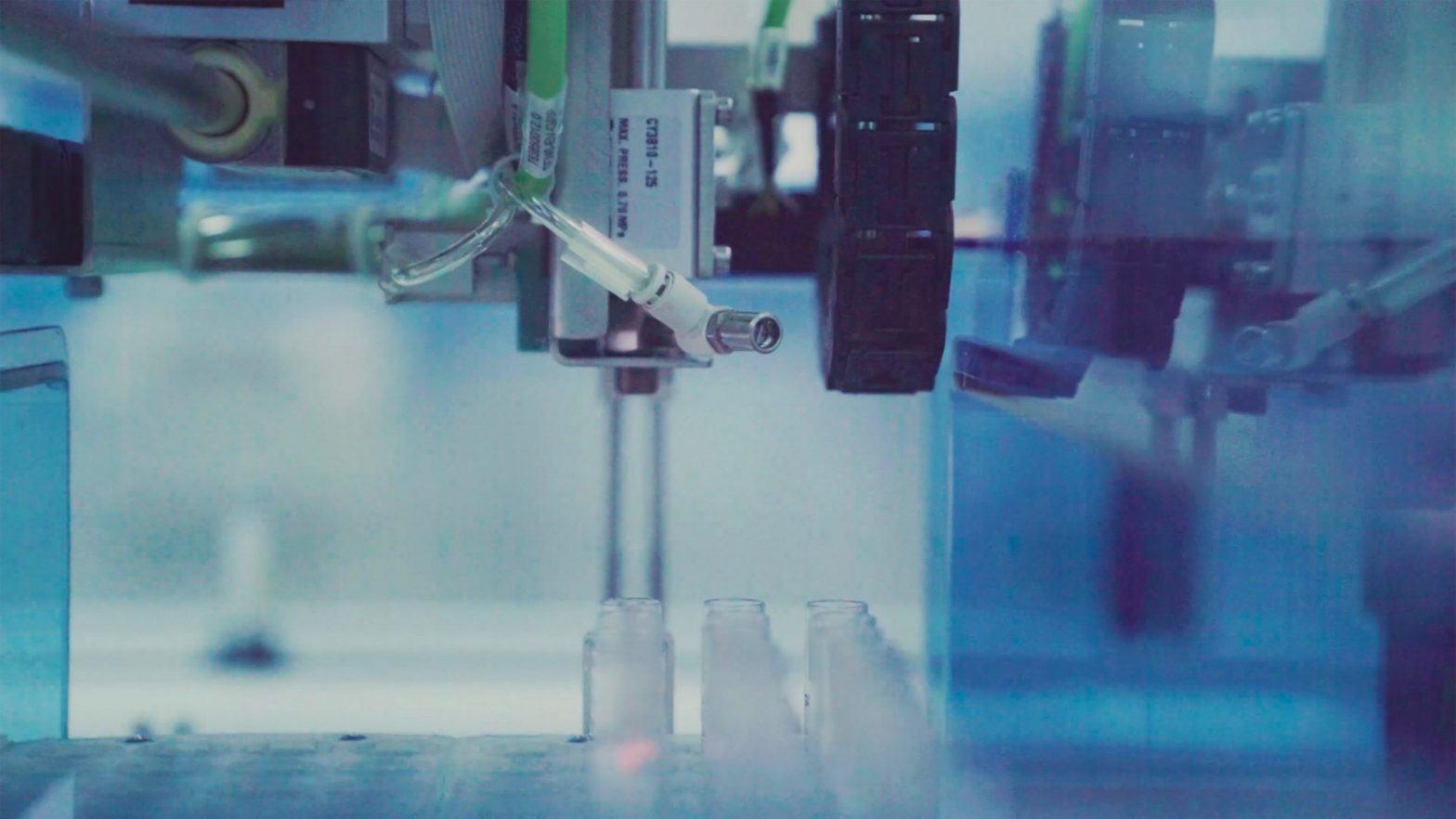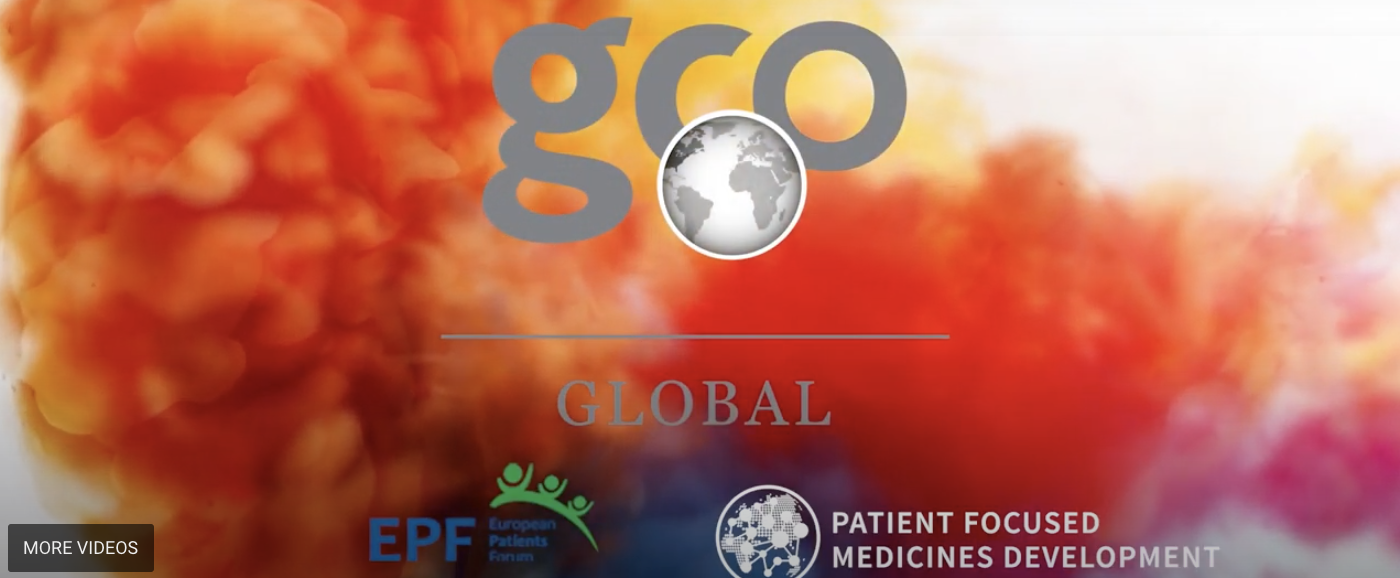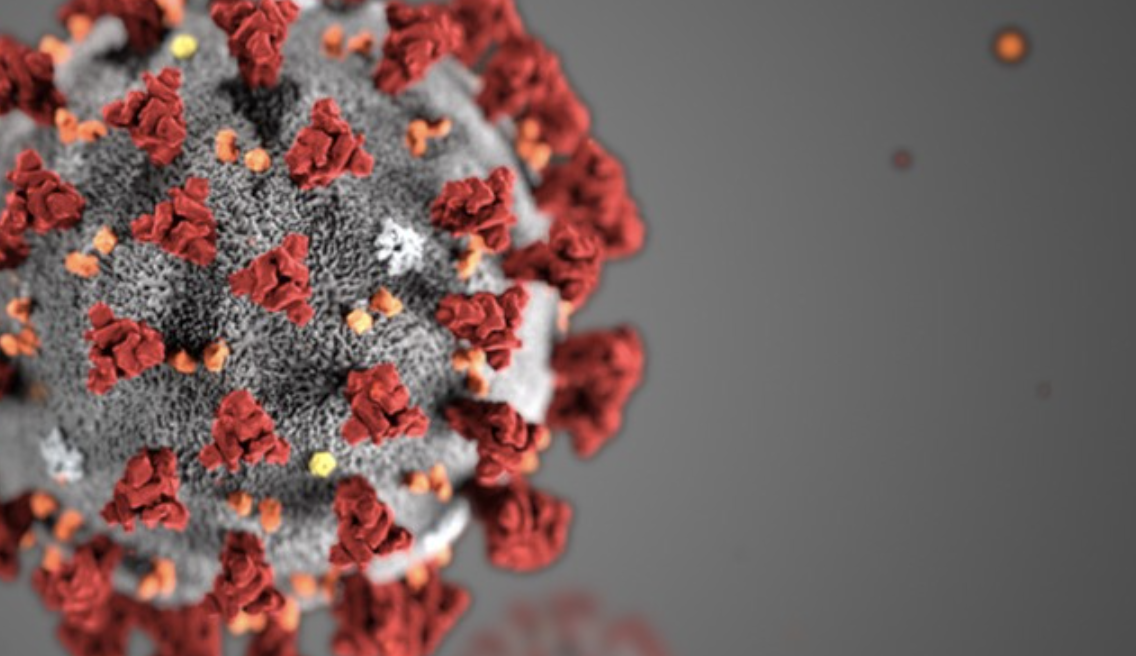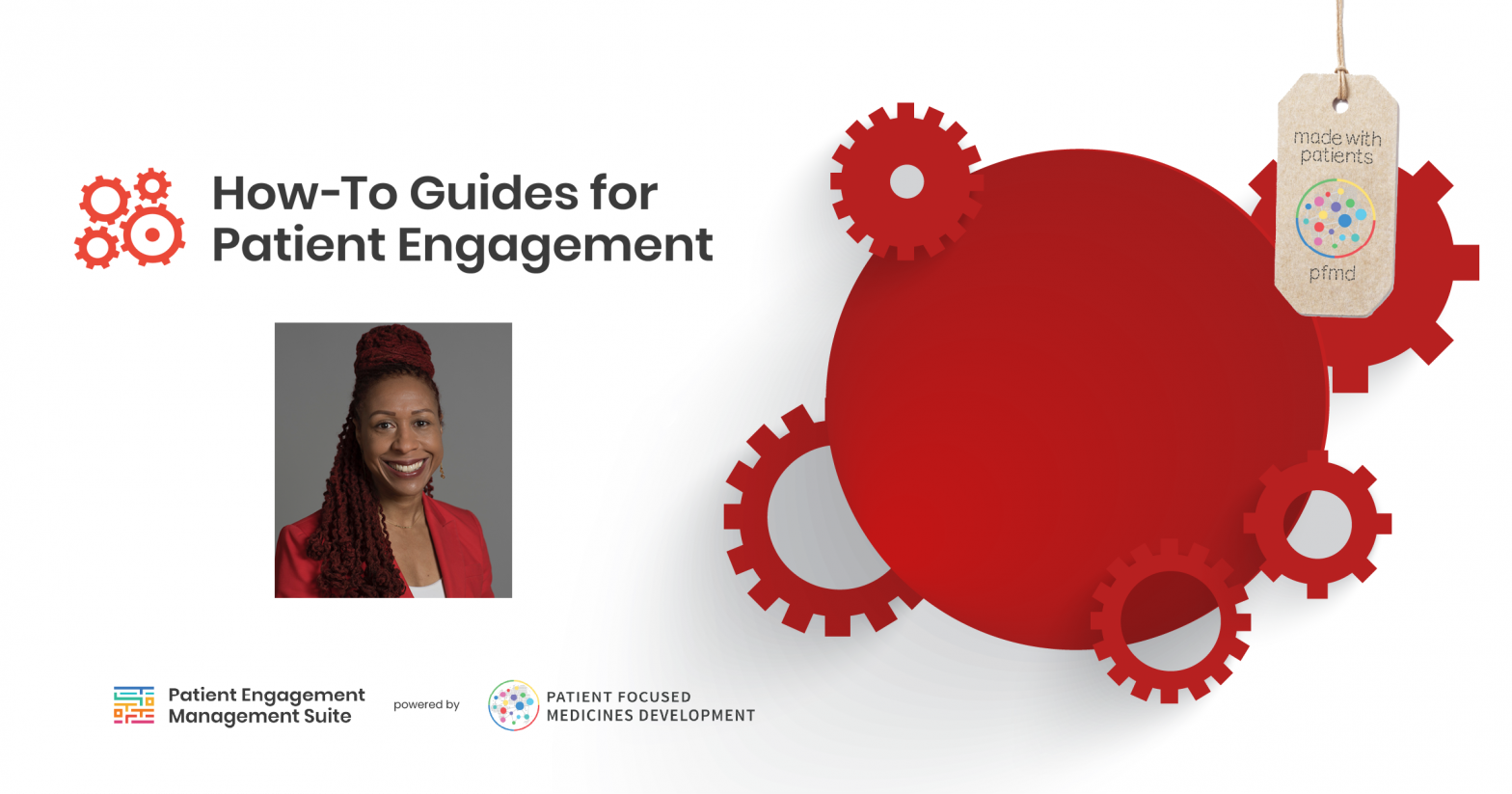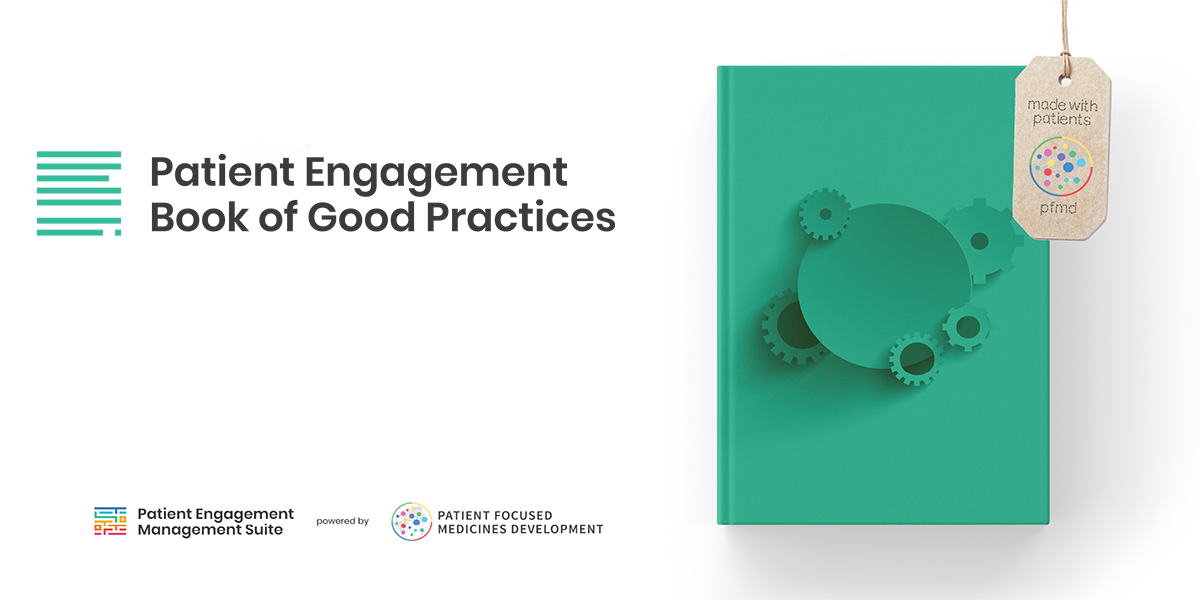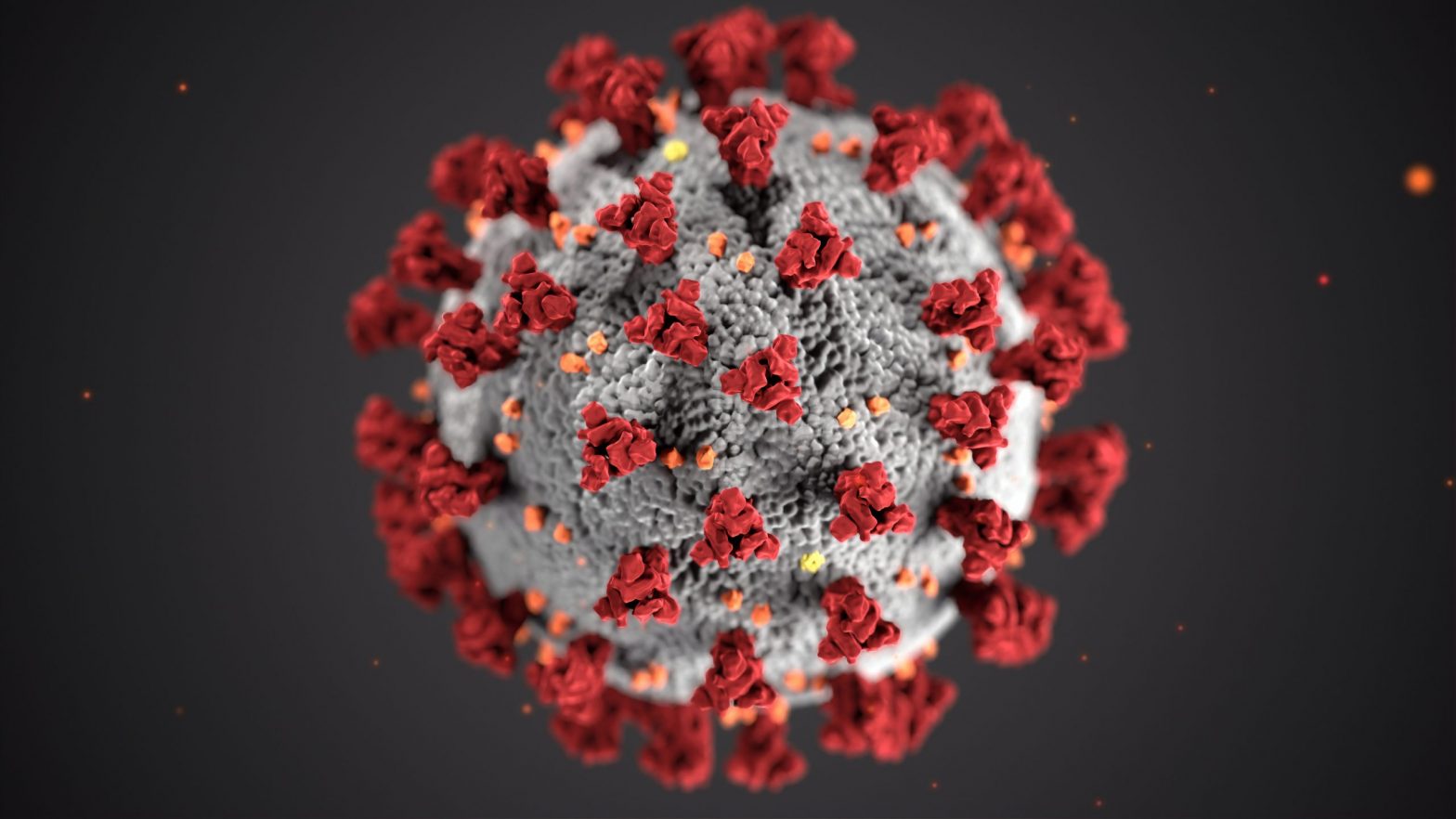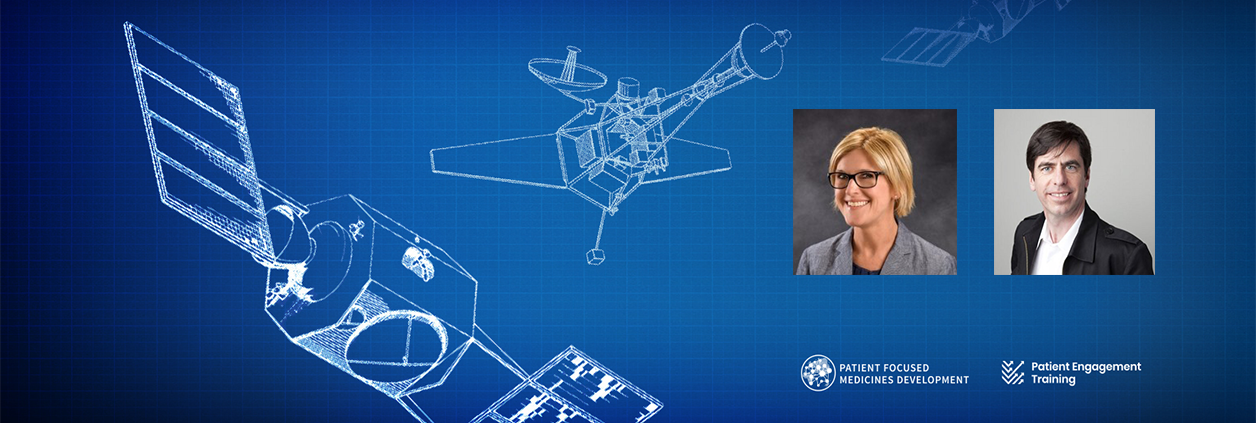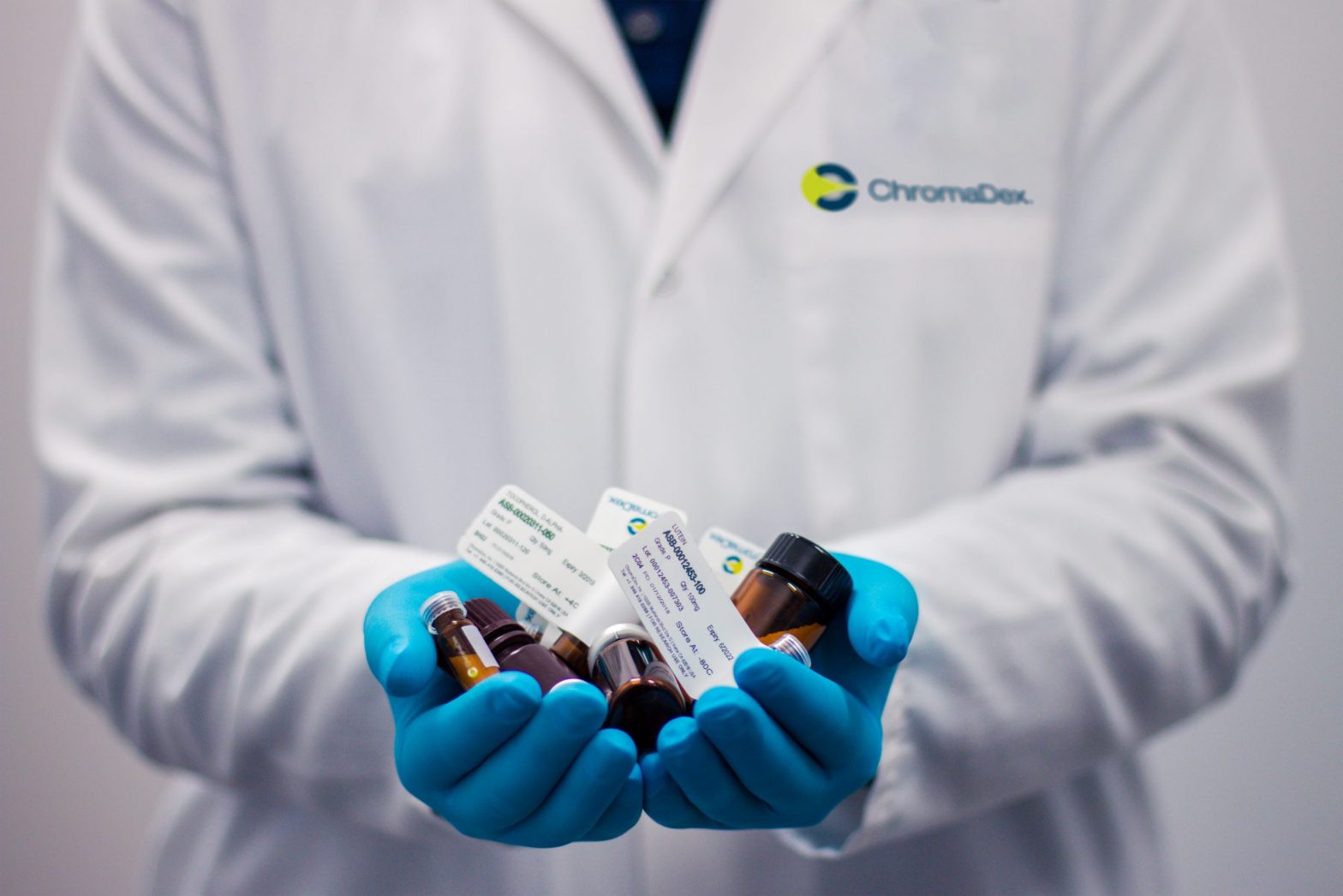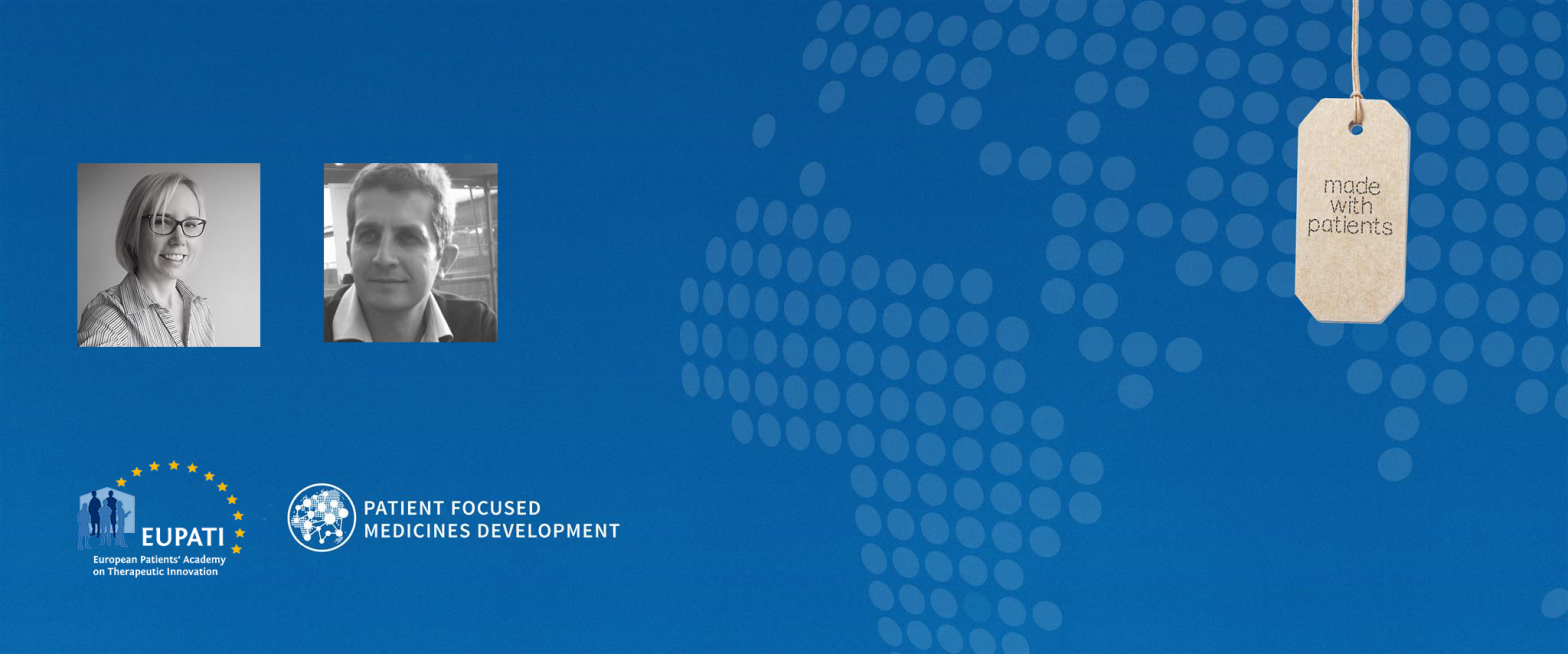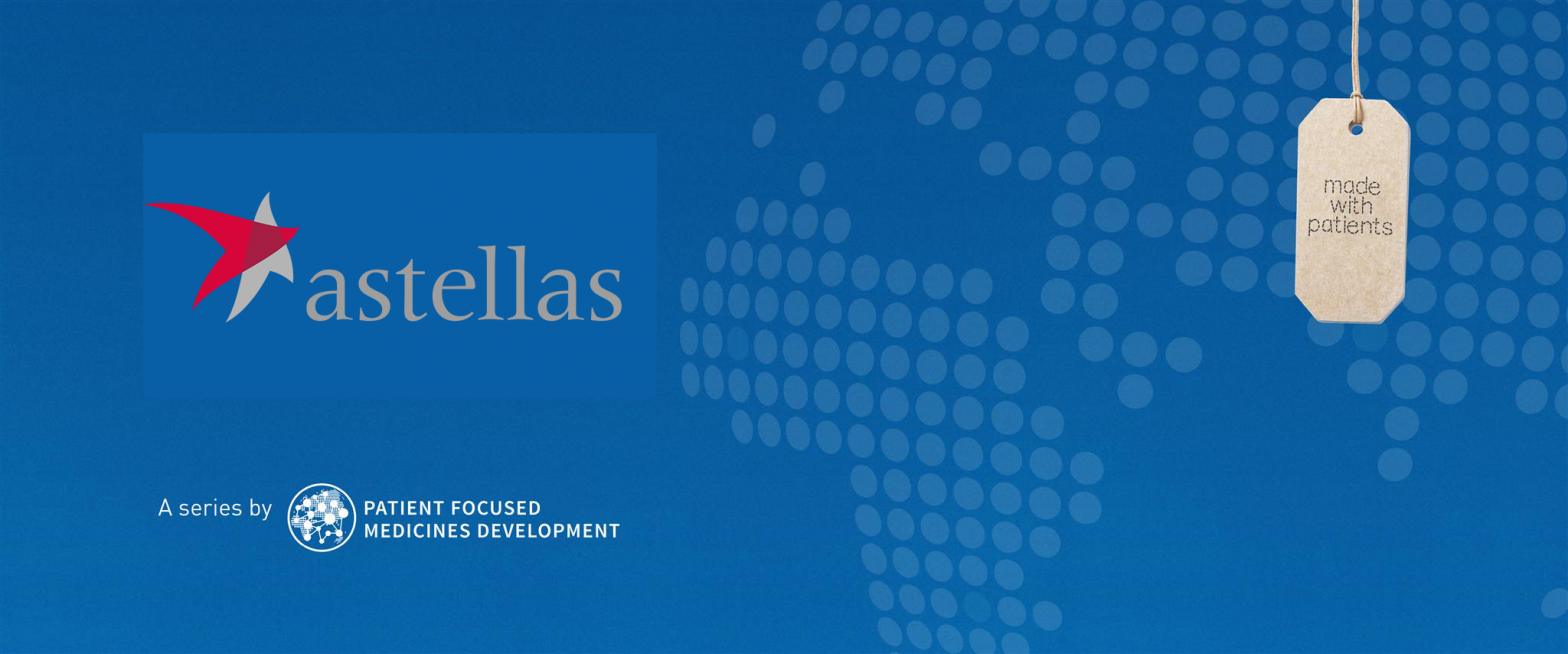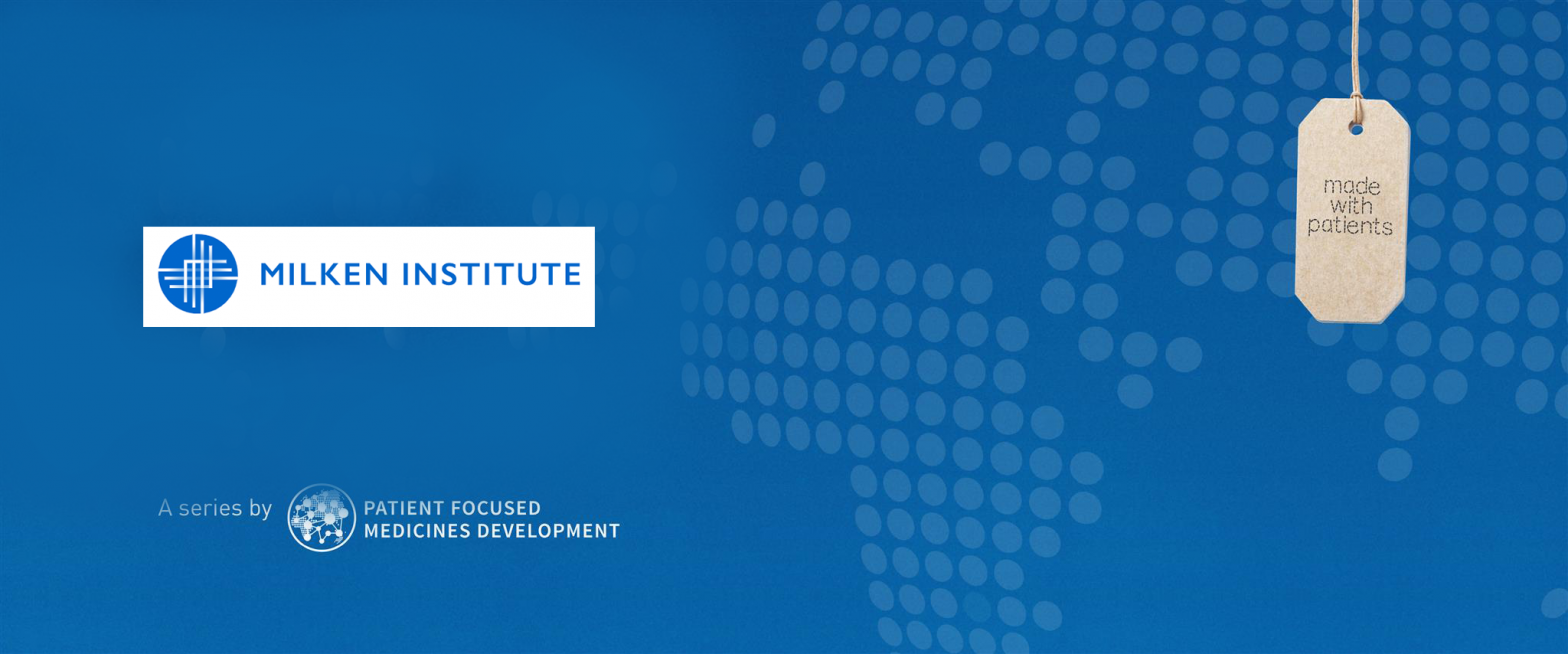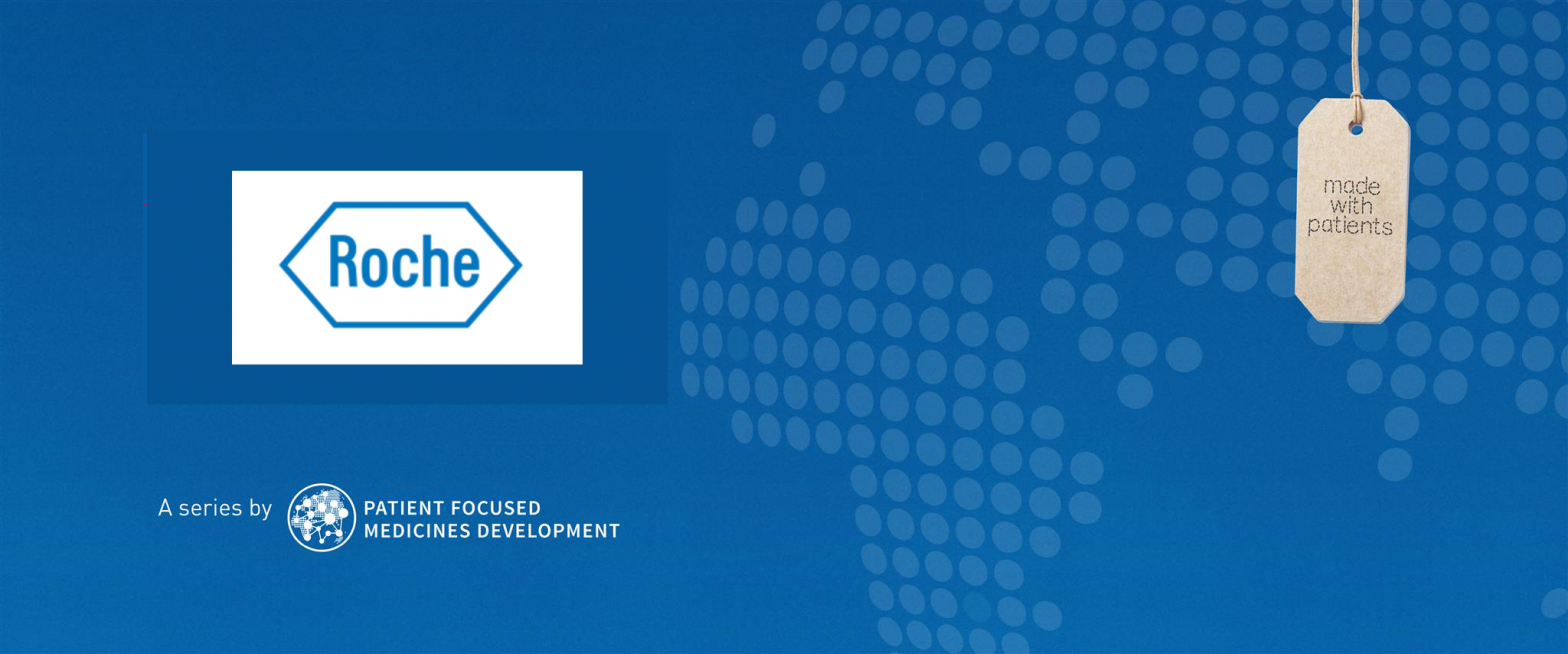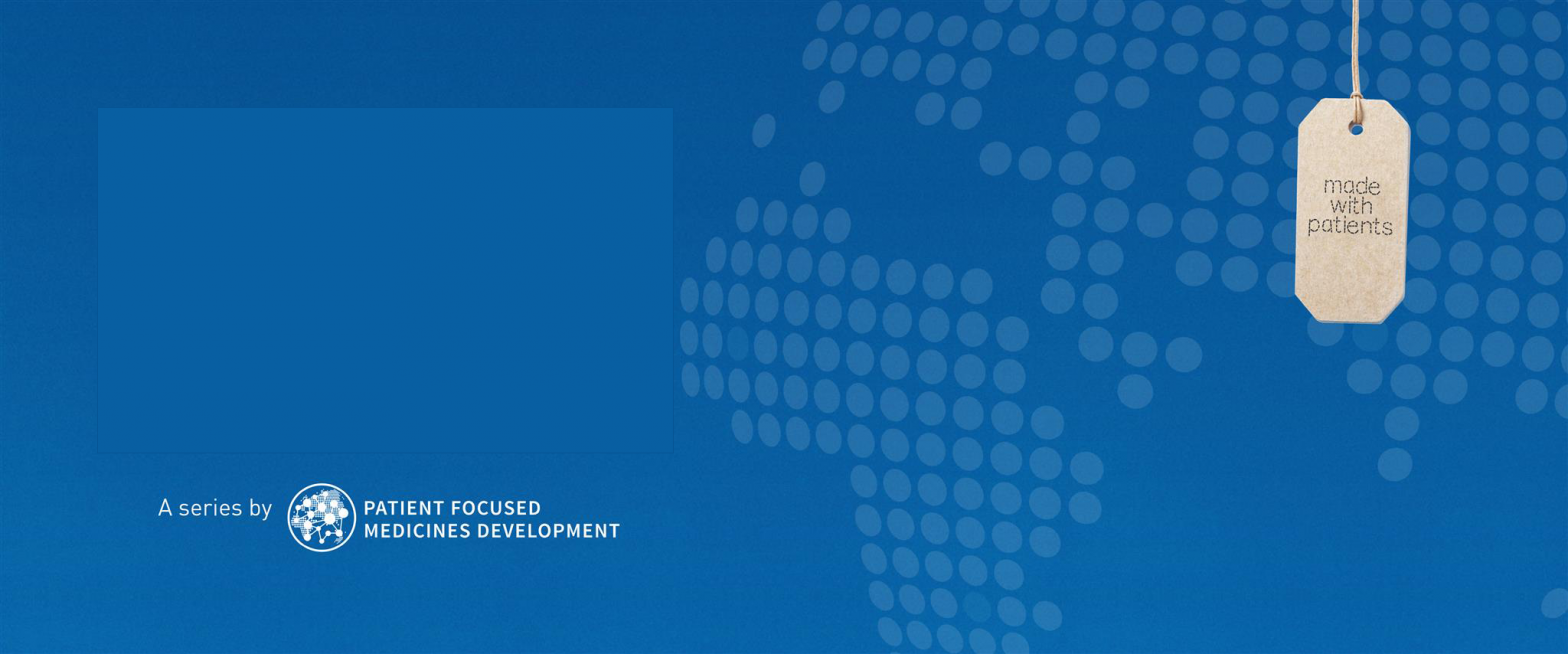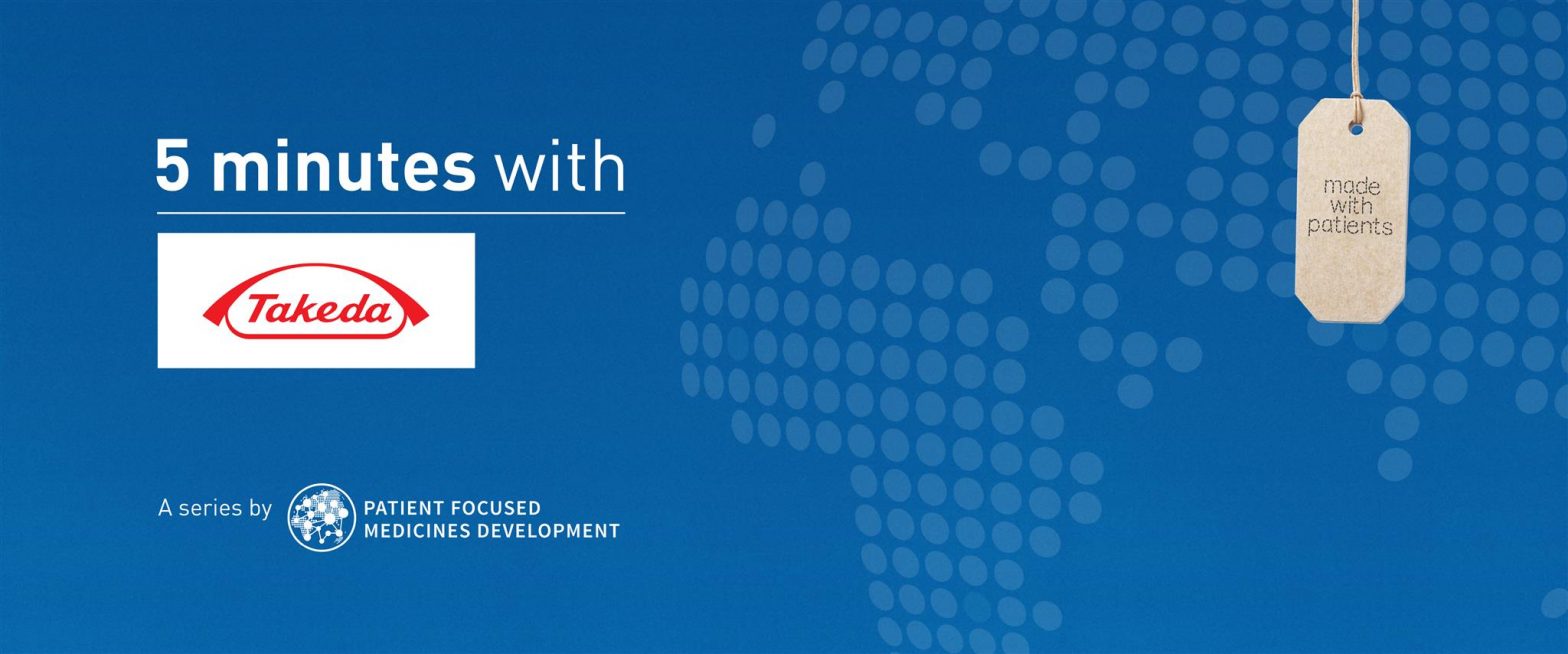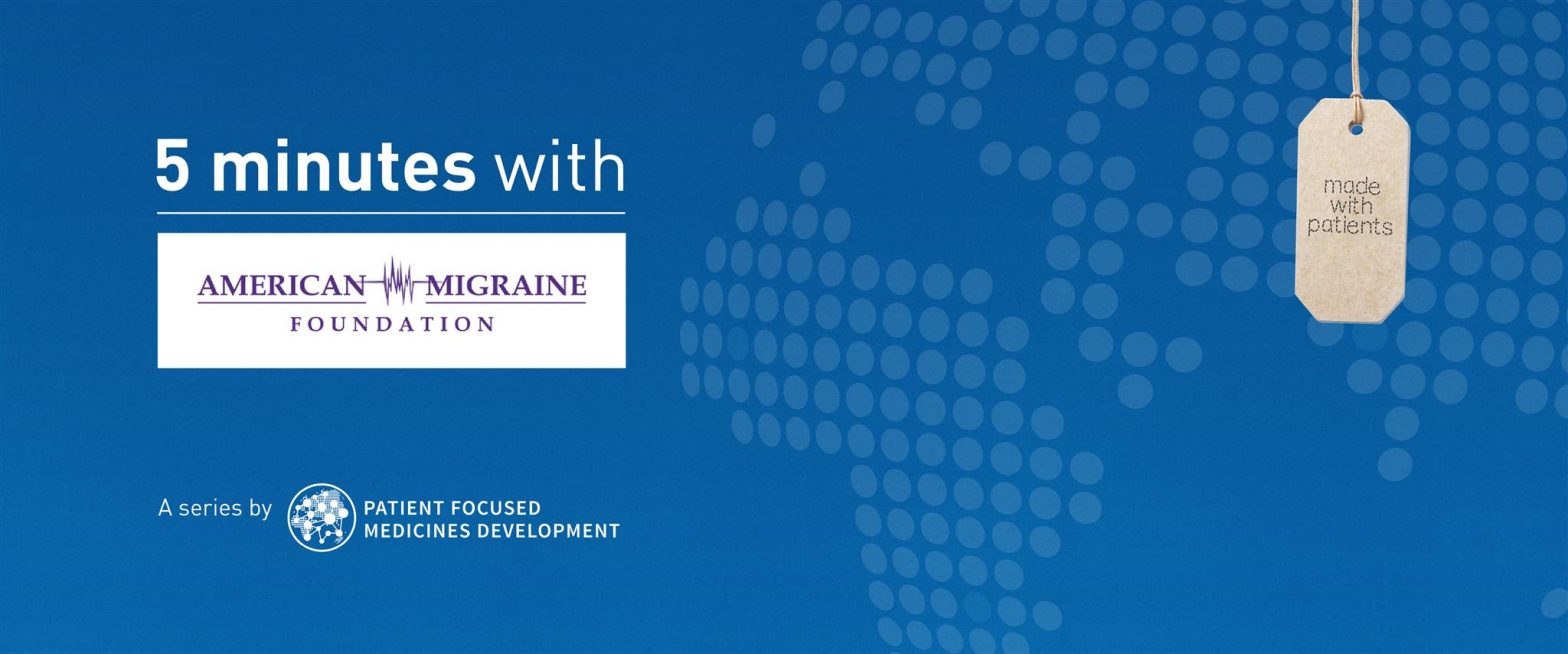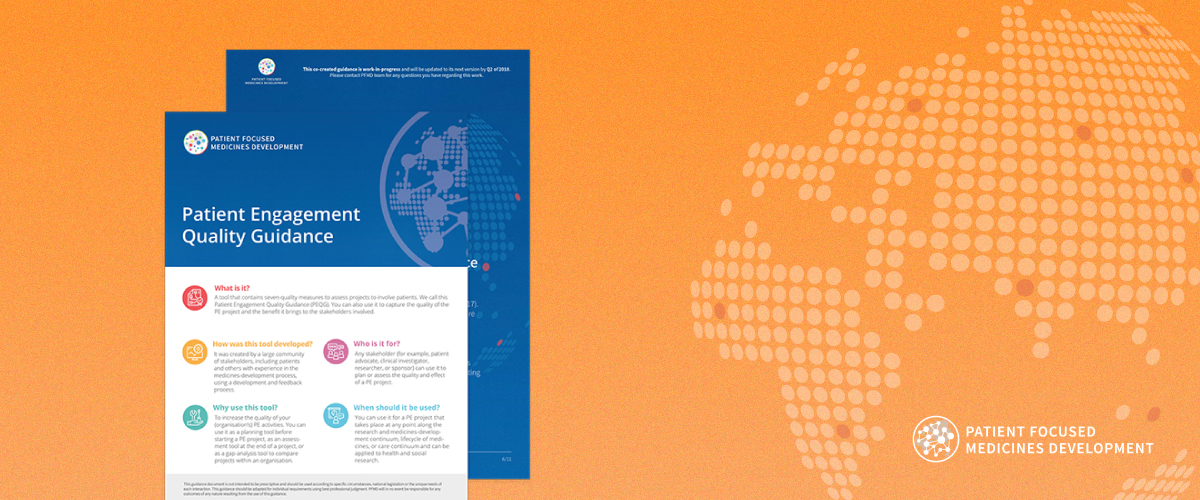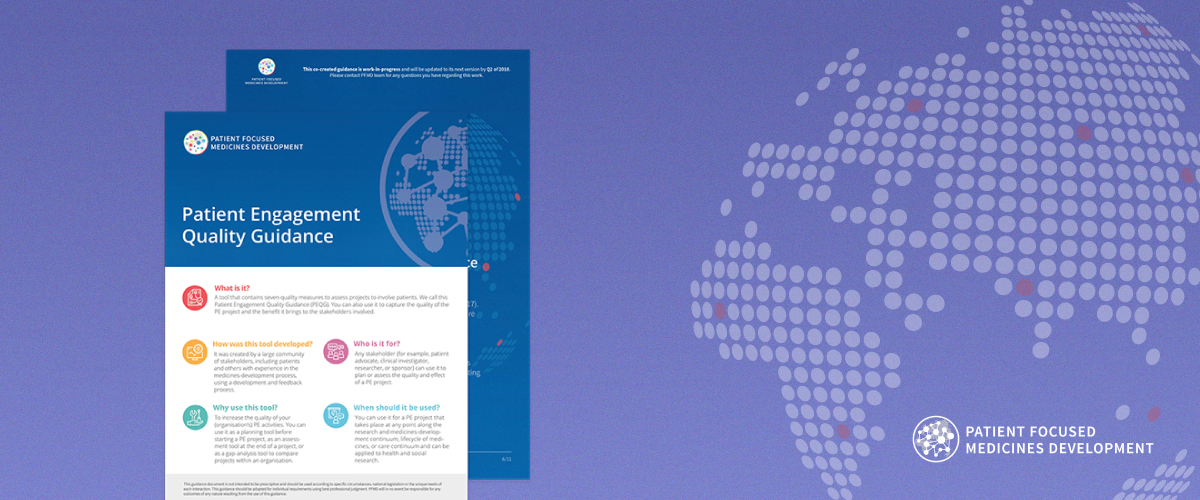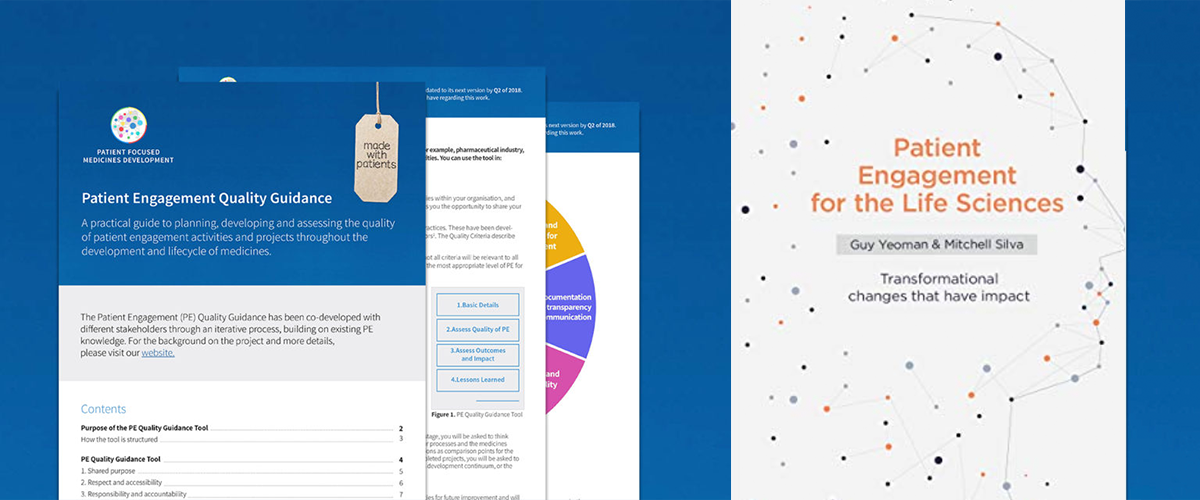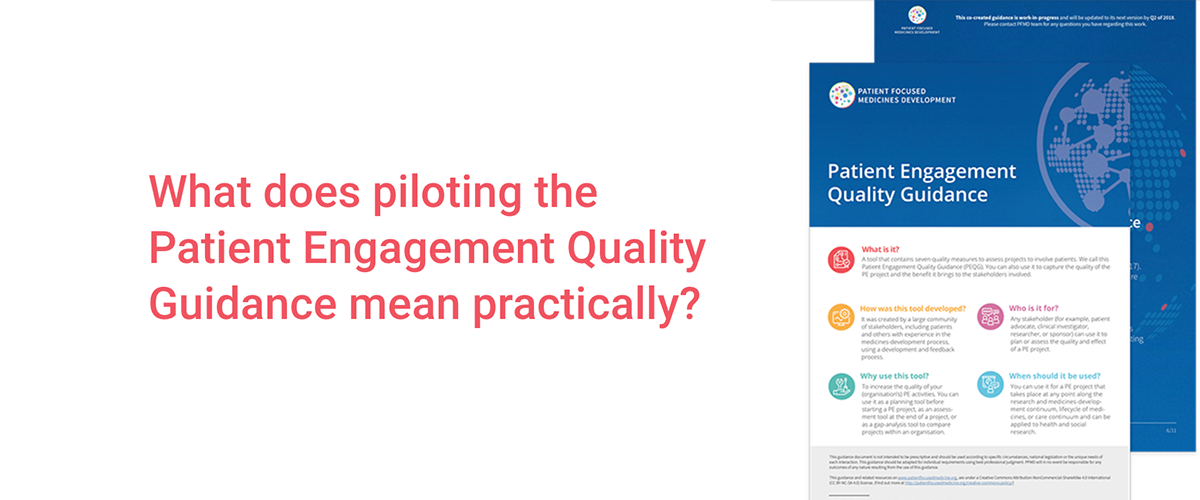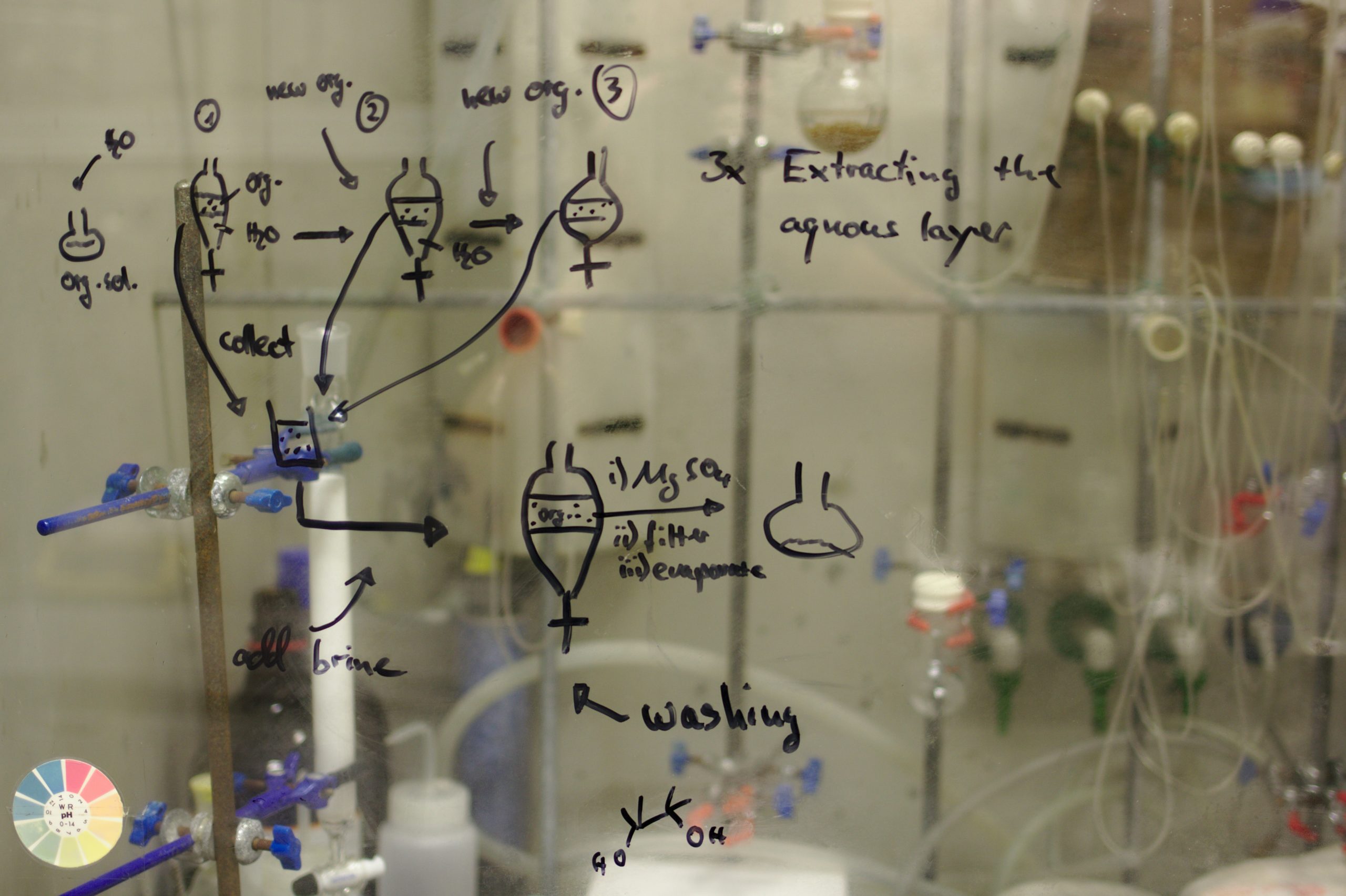When it comes to ascribing value to patient involvement in the development of innovative medicines and med-tech, different stakeholders may have different perspectives. That was the finding of an interesting new report commissioned by EFPIA, which condemned the failure of HTA processes to take into account the added value of innovations stemming from patient experience and patient preference.
Last year saw the publication of the report Assessing Person-Centred Therapeutic Innovations (PCTI), which asked, “Are usage experience and outcome benefits from Person-Centered Therapeutic Innovations appropriately valued?” The consultancy firm IQVIA sought to examine how the benefits offered by PCTI are perceived, by patients and physicians, as well as regulators. PCTI may include follow-on drugs, drug plus drug combinations, drug reformulations, drug repositioning, drug plus digital applications and drug plus device combinations. The report noted that these provide benefits for stakeholders across the healthcare system, such as patients and their caregivers, physicians and payers, and also benefit the healthcare system via greater price competition resulting in cost savings.
The research conducted highlighted a discrepancy in the perception of value offered by PersonCentered Therapeutic Innovations between payers and final users (i.e. patients/physicians). It was ascertained that current HTA mechanisms can undervalue the benefits of PCTI, both in terms of outcomes and usage experience benefits. This is a wider issue across the entire medicines development process.
“Frequently, payers perceive Person-Centered Therapeutic Innovations as not adding value over existing therapies, while patients and physicians find both the usage experience and outcome benefits of these innovations to be important additions,” noted the researchers.
One of the report’s final recommendations was to enhance involvement of final users (e.g. patients and physicians) in HTA and pricing and reimbursement decision making, saying earlier involvement of users (particularly, patients) in the disease scoping process and provision of voting rights in access and reimbursement decision making is optimum. The report also suggests that direct and indirect benefits from improvements in user experience need to be identified and understood, saying there are several benefits for patients, physicians and providers which need to be robustly valued.
Following the publication of the report, EFPIA called for the participation of patient experience and patient preferences in Health Technology Assessment (HTA) evaluation and pricing and reimbursement decisions. They said person-centered therapeutic innovations can have a significant and tangible impact on patients’ quality of life, improve adherence and as a consequence improve outcomes; “yet the report indicates that many HTA bodies and payers do not consider person-centered therapeutic innovations meaningfully in their evaluation of new treatments.”
David Haerry from the European Aids Treatment Group (EATG) welcomed the report, calling it a “wake-up call”. “HTA processes stand today where regulators found themselves 20 years ago – isolated from natural stakeholders and partners who have to cope with the consequences of their decision making. This report should be a wake-up call.”
“Developing new treatments for patients is about more than just its clinical endpoints. It is about working with patients to understand their journey, their experiences and applying that learning to develop patient-centred therapeutic innovations (PCTI) that can make a real difference to the quality of life,” Andy Powrie-Smith, Executive Director of Communications & Partnerships at EFPIA told PFMD.
He added that this is particularly the case in chronic conditions, where a patient may take treatments daily, for many years.
“The PCTI reports look at how we value these innovations across Europe and I hope will spark continued conversations between patients, HTA bodies and industry on striving to improve patients experience of living with their condition and the medicine they rely on,” said Mr Powrie-Smith.
PFMD is at the centre of these discussions, as we strive to ensure meaningful patient engagement between every stakeholder across the entire drug development ecosystem.



